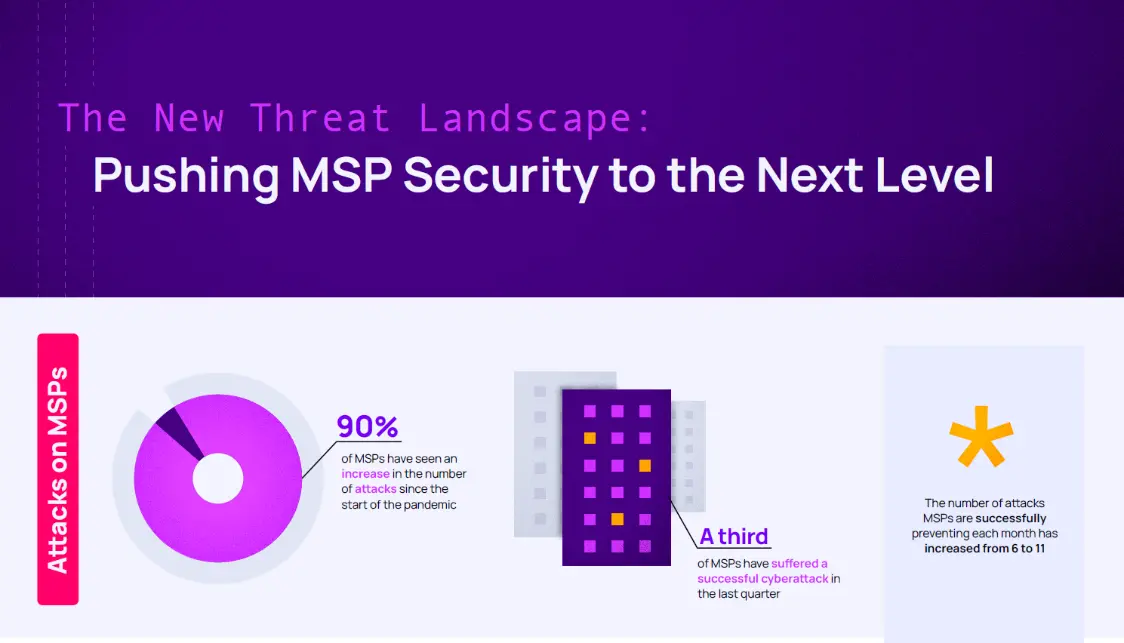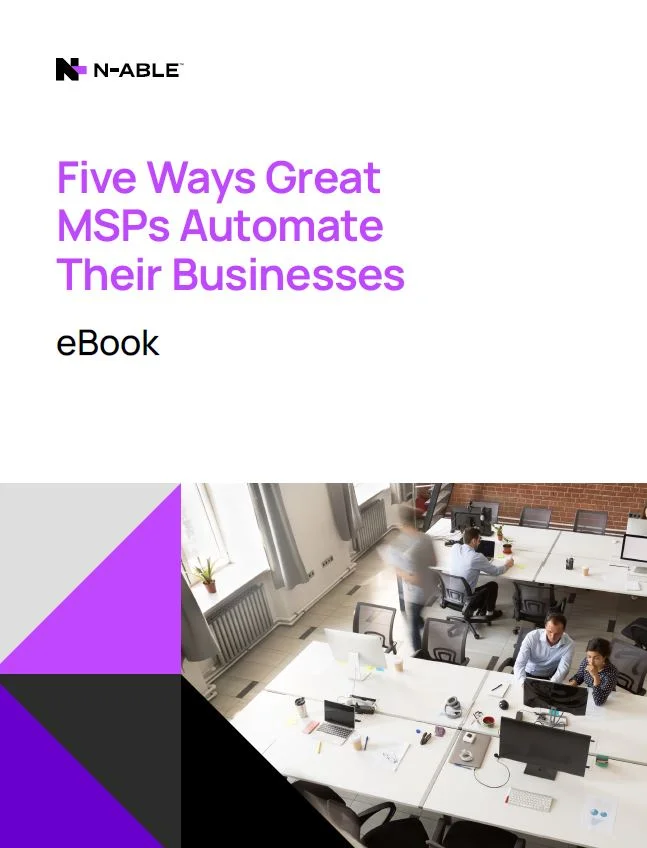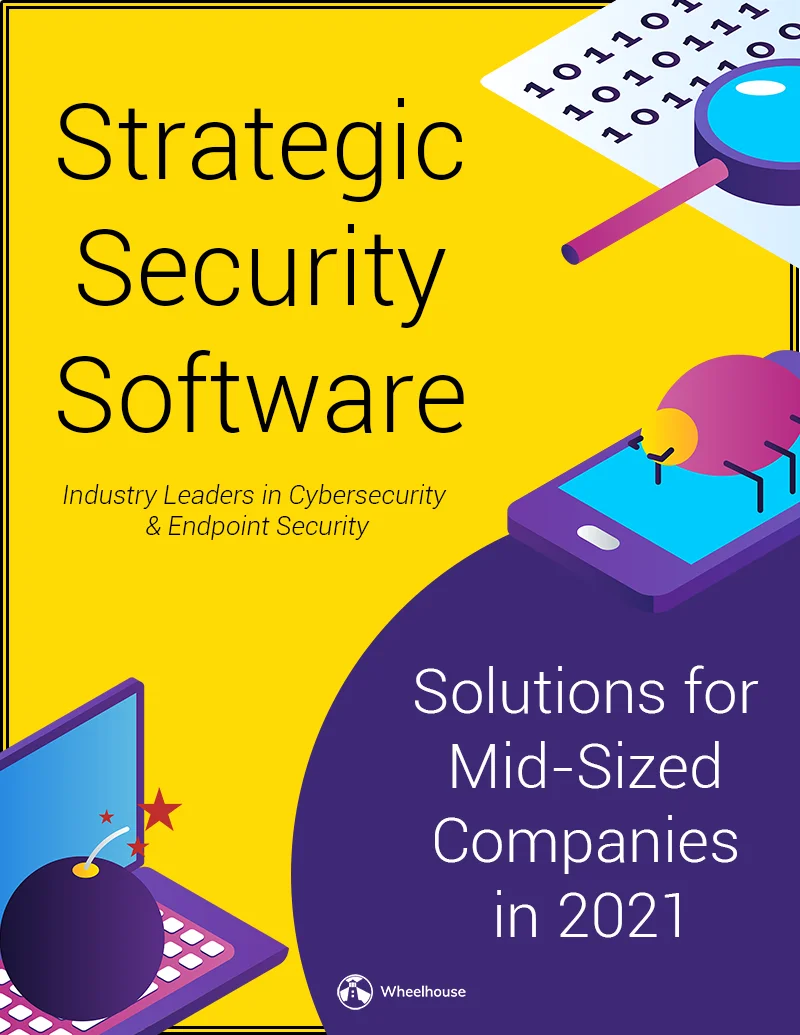
Managing Macs as an MSP
Format: PDF
You’ve had a client for two years. They know you, know your work, and trust you. Roughly 93% of the organization runs Microsoft® Windows®. However, the other 7% includes some developers, designers, and a few members of the c-suite. As a business, you typically only support the Windows machines, so you expect the other 7% to handle their own issues.
One day, the CEO sits down, spills coffee on their MacBook Pro®, and fries the computer completely. They’re hours away from a board meeting, and they need access to an important presentation. While they’ve backed everything up using Time Machine®, you haven’t monitored the machine and aren’t sure if there’s a backup available. Now, the CEO’s screaming on the phone, ready to jump ship for a more Mac®-focused MSP.
These scenarios happen. Unfortunately, too many MSPs scope their services to focus only on Windows. This is a shame, and may hurt them in the long run. If you’re in this boat, you’re not only leaving potential revenue on the table from unsupported devices, but you could end up losing customers when scenarios like the above come to pass. In short, you can’t afford to ignore Apple®.
First, it might help to understand a bit of the history of the Mac and PC and, more importantly, why these distinctions don’t matter as much anymore.







